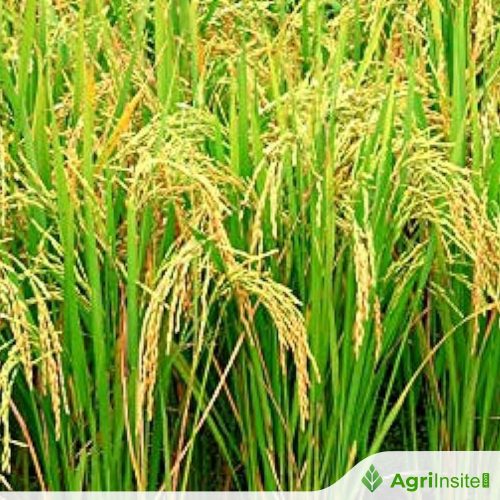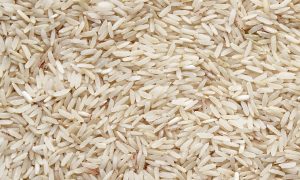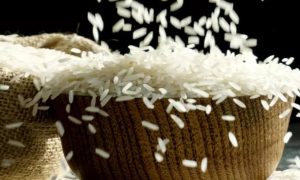Mozambique hit a new record for rice imports in 2024

Mozambique spent a record $441 million on rice imports in 2024, up nearly 39% from 2023, as domestic production fell 34% amid climate challenges. Broader crop declines, including maize, sorghum, and millet, highlight growing food insecurity. Experts warn the country’s heavy reliance on imports is unsustainable without urgent investment in climate-resilient agriculture, irrigation, and structural support.
Record rice imports last year underscore a growing reliance on foreign countries to cover basic food needs in Mozambique.
Data from the annual statistical report by the Bank of Mozambique (BdM) – cited by local news website Dossiers & Factos – shows that the country spent US$441 million on rice imports in 2024, an increase of 38.8 percent over 2023, when it imported US$317.7 million worth. The sharp rise is a combination of increasing domestic consumption and decreasing production as Mozambique’s agriculture sector struggles against structural and climatic factors.
Rice production in 2023, the most recent year available from the National Institute of Statistics (INE), fell 34 percent from the previous year to just 161,800 tons. INE stats reveal that many other food crops saw lower production, with experts consulted by BdM associating the declines with adverse climatic conditions, such as floods and droughts, as well as insufficient structural investments in irrigation, higher quality seeds and technical assistance.
Mozambique turned to foreign imports to make up for this broad shortfall, a strategy that leaves the country vulnerable to fluctuations in international food prices and greater food insecurity for the poorest Mozambicans.
Production of maize also dipped in 2023, down 11 percent to 2.12 million tonnes from 2.38 million tonnes the year before. That drop is less concerning as 2022 was a high point for maize, having increased nearly 30 percent over 2021, more than double the average yearly increase in recent years. Rice, meanwhile, hit its lowest point in five years.
Sorghum and millet, two other reference cereal crops in the country, also fell significantly. Sorghum dipped 15 percent to 139,553 tonnes in 2023, while millet dropped to just 17,098 tonnes, down 32 percent from 2022.
Taken together these shortfalls, and the record-setting imports, raise serious concerns in a country where most people are involved in agricultural production and the sector accounts for more than a fifth of GDP. Even with climatic conditions worsening, Mozambique is well positioned to improve agricultural production – if the government invests in this crucial sector.
A report issued by the Inclusive Growth in Mozambique development programme in February details the challenges facing the sector and how concrete, long-term government investment in climatic and structural factors could not only reduce reliance on expensive foreign imports, but generate income, employment and greater food security for millions of Mozambicans while strengthening the overall economy.
To Read more about Rice News continue reading Agriinsite.com
Source : The Macao News














